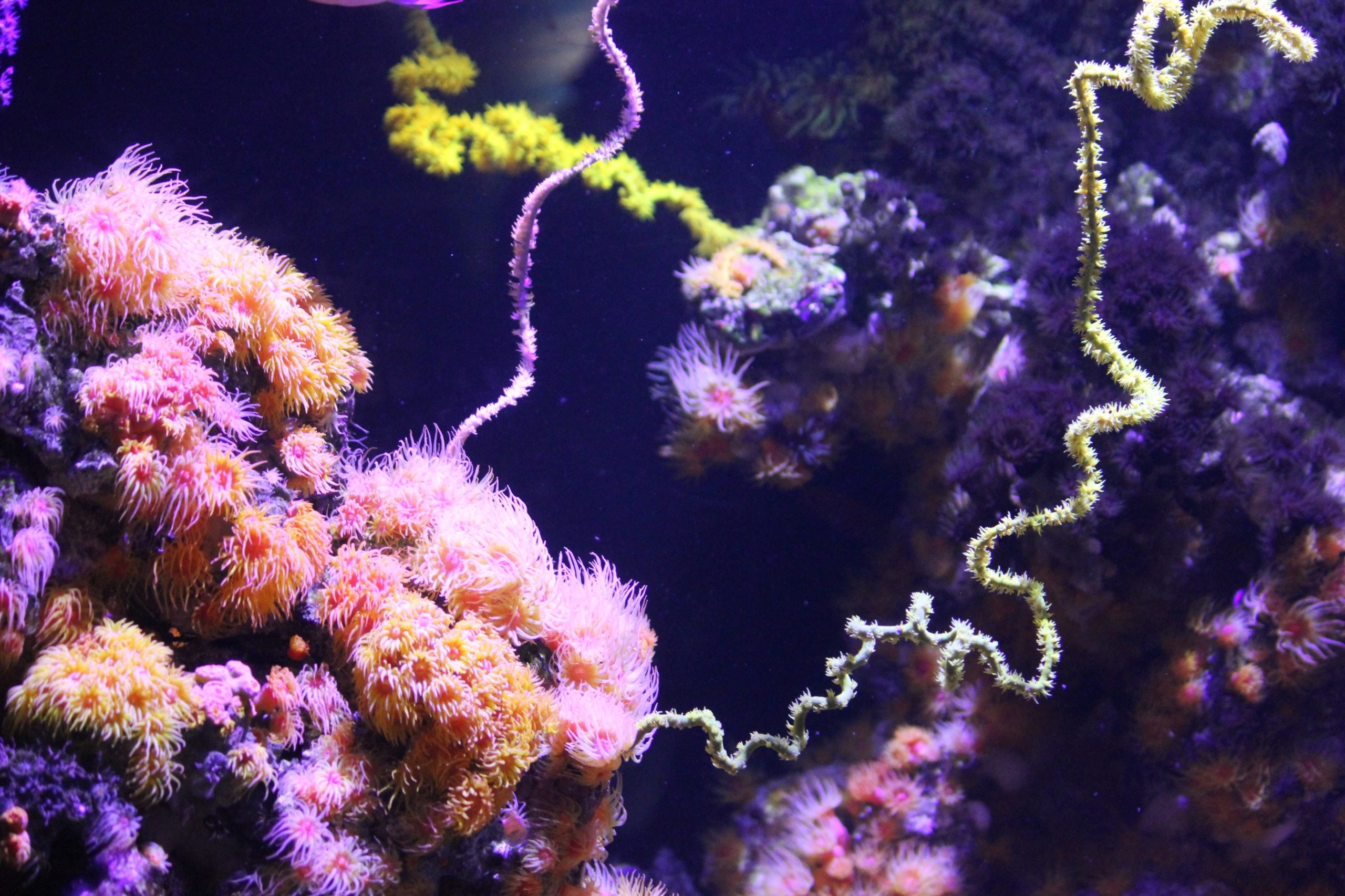
Sharks have been around for 400 million years. Yet each year, 100 million of them are being wiped out due to human activities. Some species have dropped by as much as 99%, and due to the fact that they only have a few pups at a time, and take a while to sexually mature, their situation is a dire one. They are an extremely vulnerable population.
People have come to associate sharks with fear since childhood, due to a lack of education about them, anthropocentric language, and the media industry only showing them to scary-sounding soundtrack. They are painted as the villains and bad guys, and short of Finding Nemo, there aren’t any mainstream movies that show them in a good light or even a neutral one. People in the United States are more scared of sharks than they are of dying, and that’s incredibly alarming because due to this fear, they are not protected as much as other marine species—especially compared to other ocean dwellers around the same size. There are so many people protesting for the whales. Who cares about sharks? There has been some traction with shark fin soup galvanizing their conservation, but considering the damage that other practices do comparatively, this seems to generally be a cherry-picked issue influenced by racism. The soup is definitely an issue, but when it’s not paired with long-line fishing and pollution, it has to be questioned (especially since the language around it is often racially driven, rather than environmentally or ethically). The selective language, fear, and perpetuation of shark stereotypes are killing these important swimmers.
Sharks have never been the bad guys. Annually we humans kill 100 million of them (purposefully and through other damaging practices). Each year, sharks kill around five humans, most likely mistaken for seals (made evident by the fact that they don’t finish eating them—they let go). In the U.S., sharks only kill one person every two years. For comparison, lightning kills about 37 people in the country every year. In 1996, toilets injured 43,000 people in the U.S. Sharks only injured 13. More dogs kill humans every year, and we live with them in our homes. It’s very clear that sharks are not the problem, nor should they be feared. In fact, they are a keystone species, and one of the most important ones on the planet. Sharks keep coral reef ecosystems balanced and thriving, due to the fact that they keep the fish population healthy by encouraging evolution. They also keep sea grass beds healthy by preventing fish from overgrazing. Both of these habitats are so vital to the ocean ecosystems, but coral reefs especially play an essential role.
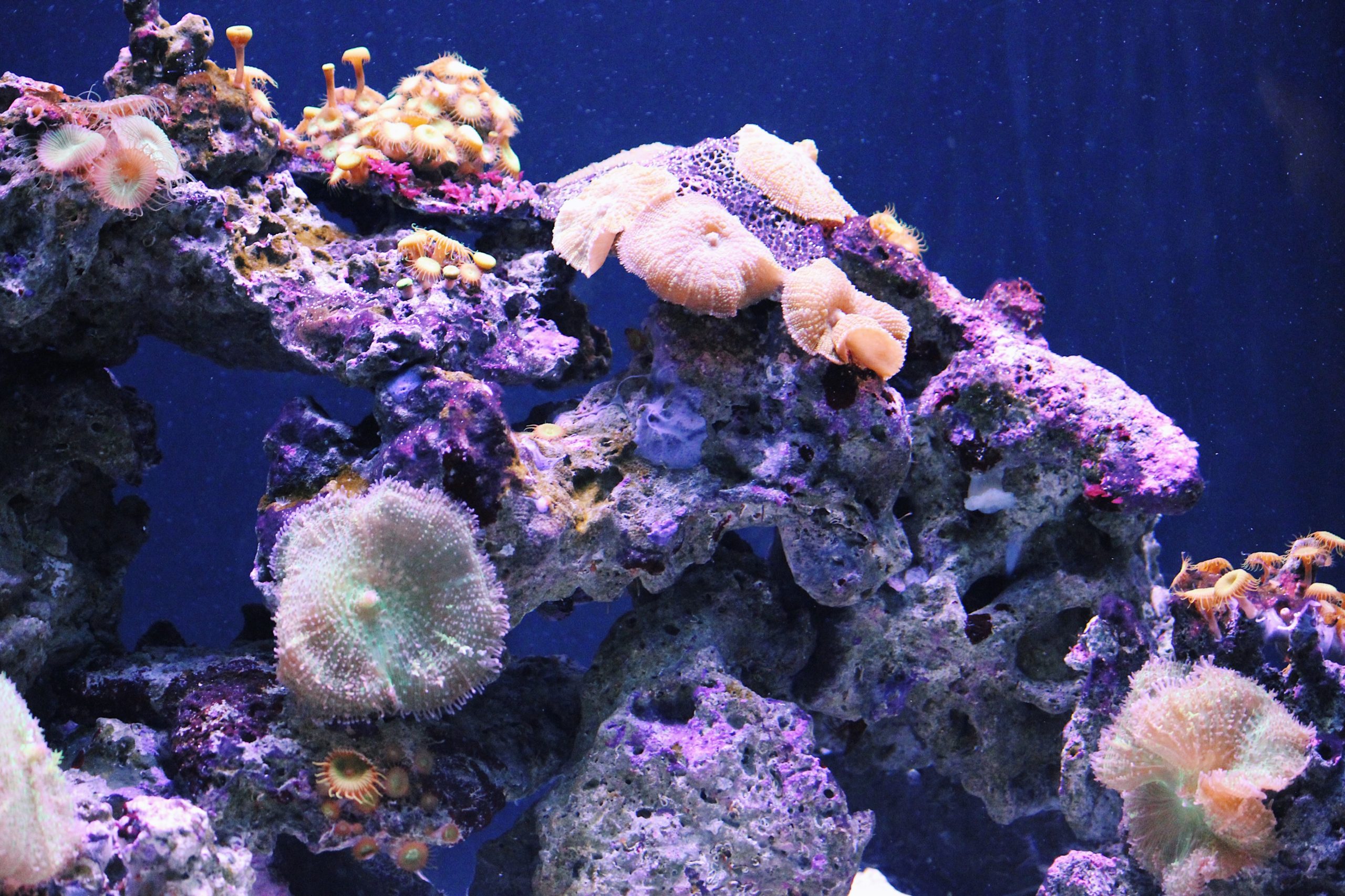
Coral reefs have existed for 500 million years. They support one fourth of every species in the sea, despite only making up 1% of the ocean floor. There are soft corals (tree-like and provide shelter) and hard corals (provide the structure for the reef), and they generally live in tropical, shallow waters despite also being able to exist in the deep sea. They are in fact animals, and they have a symbiotic relationship with a specific type of algae. This algae gives the coral oxygen and carbon, which is what causes corals to be so colorful. The coral provides the algae with nutrients and a home. It’s such a balanced and intelligent relationship, and that should be respected. Besides this intrinsic value and the shelter they bring to so many marine species, coral reefs are also very important to us humans. Not only do they act as a buffer for coastal cities and towns to soften the impact of otherwise deadly storms, but they also prevent coastal erosion. We need the ocean to stay healthy in order to have good weather, to absorb the CO2 we create, to avoid catastrophic storms and temperatures, and to even breathe. It provides over half of the oxygen that we breathe. The ocean takes on the climate crisis that we created every day, and ensures that the planet is stable enough for human life. Its regulatory factors are especially felt and needed by those in developing communities and coastal ones. It’s been estimated that their monetary value is well over $30,000,000,000 per year.
Sharks keep all of that going. The interconnected nature of Earth means that plenty of other species keep us afloat as well, but sharks might just have one of the biggest roles. We need to keep them safe—for their sake as living beings, and for our own. Here are some steps each of us can take to keep these magnificent animals well and alive:
Change the way you speak about sharks and interactions with them.
Americans tend to speak about sharks in very inaccurate ways. There is no such thing as “shark-infested waters.” That’s a myth, because those waters are naturally inhabited by sharks. They aren’t pests, and referring to them as an infestation only spreads misinformation and fear about them, and pins the blame on them when we go into their habitat and get hurt. There aren’t generally “shark attacks” in real life. Most interactions with sharks that lead to injury or death (which again, are very few) are “unprovoked”—meaning the shark didn’t appear to be hunting them and the person was in their waters. The shark lets go when they realize the human isn’t a seal. Sharks aren’t our enemies. Don’t talk about them like they’re a disease or monster to be fought off. Fishermen use this as justification for killing them, and when the public hears about how they’re being killed by long-line fishing, as by-catch, they don’t feel moved by it the way they do when they hear about dolphins being killed that way.
Be smart when you’re swimming in the ocean.
Experts have said again and again that shark attacks are generally the human’s fault. An increase in fatal or injurious shark interactions leads to increased fear about the sharks and even widely-condoned shark hunts (also the economy in the local area among small businesses plummet, with tourism decreasing). Do your best not to confuse the sharks that might be swimming near you, and protect them by protecting yourself. Experts have suggested not wearing too much (or any) jewelry when in the water, as the glint of the metal can make sharks think it’s a darting fish (same goes for metallic bathing suits). They’ve also suggested swimming in groups, to show the shark that you’re not a lone seal since you aren’t behaving like them, and try not to swim at dawn or dusk, which is when they feed. Stay in the shallow areas, where they aren’t swimming as often, avoid schools of fish, and don’t splash too much as it can make the shark think it’s an injured non-human animal that is generally in their diet. If you’re diving, it can help to wear dark colors to avoid attracting their attention as well, and try to surf less. Surfers make up the majority of people who are hurt by sharks in wealthier countries, as they go out to wear the sharks live, sit on a board with a built-in fin, and dangle their feet off the edge which looks like a seal. Surfing is a beloved activity, but it’s so important to be honest about it and realize that surfing puts people and the sharks in danger with the bad interactions it causes. If you love surfing, try to do it less or find similar water sports that you enjoy that can be done in the more shallow areas.
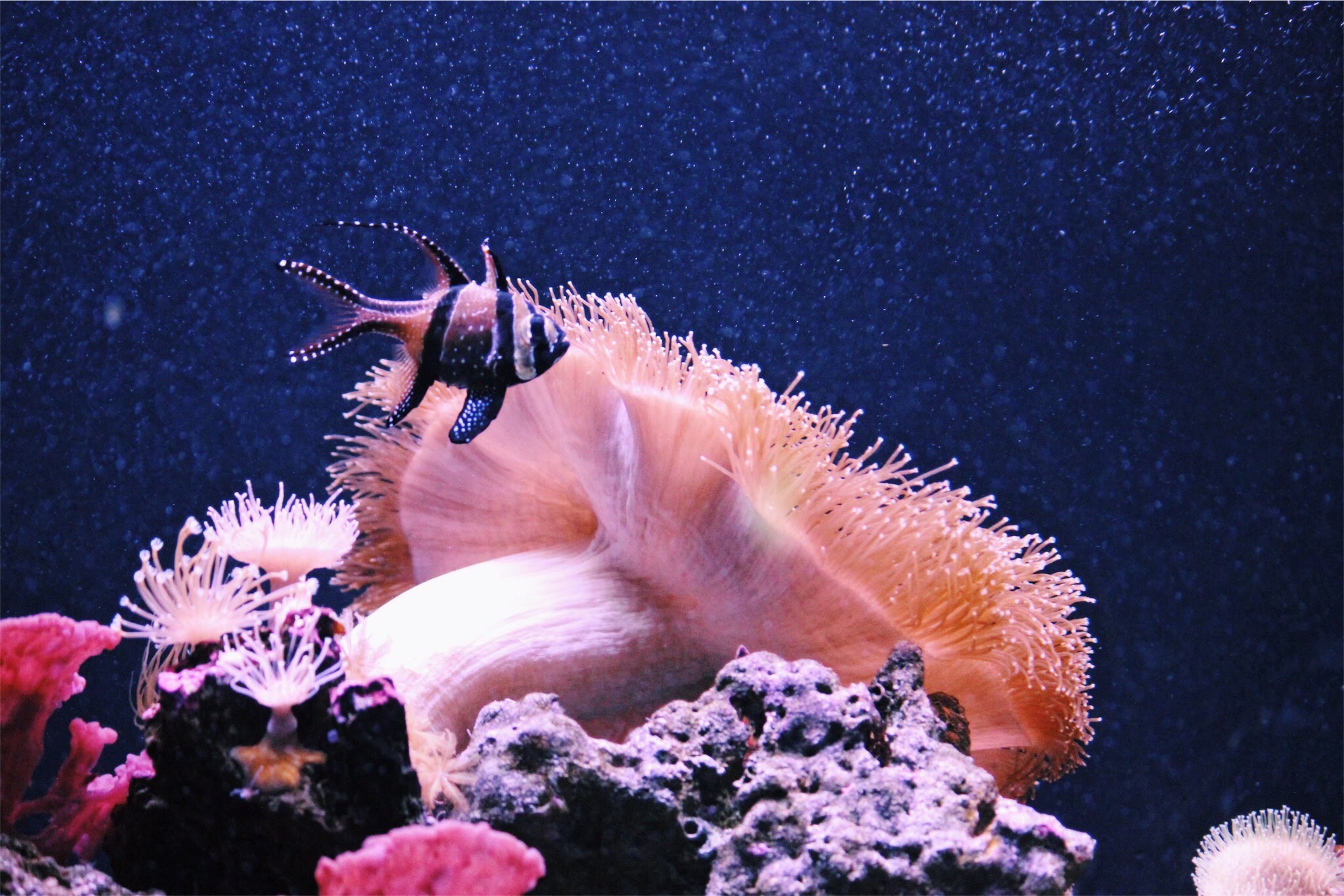
Minimize the amount of plastic you use.
Sharks, like all marine species, are severely threatened by plastic and garbage that humans are producing. An essential way that you can help out sharks is to try and live as zero waste as possible. Understand that living perfectly zero waste doesn’t need to be the goal, but doing anything to reduce your consumption is so important. Buy less. Use less. Make do with what you have. Avoid plastic. Bring reusable bags when you shop and aim for produce without any wrapping on it. Buy clothes that are used, or that are made from sustainable materials that aren’t byproducts of plastic. Do what you can.
Participate in beach clean-ups or clean up your local waterways.
Debris and litter by our rivers and waterways end up in the ocean, and obviously so does the trash on the beach. Find a local clean-up near you, organize your own, or just pick up trash on your walks around those areas. It all adds up, and it will help land species as well who might have accidentally eaten and choked on the garbage.
Don’t eat sea “food,” and especially avoid tuna and shrimp.
The majority of plastic in the ocean is made up of fishing gear, and on top of that bycatch is a leading cause of their plummet in population. The tuna industry is especially damaging, and many fisheries catch more sharks than the species that they intend to kill. If you currently eat seafood, but are trying to cut it out and can’t eliminate all of it immediately, at least cut out tuna. Long line fishing kills lots of other species like whales, sea birds, and turtles, but sharks are especially hurting from it. Tens of millions of them are killed every year because of long line fishing. Avoiding to eat sea animals also is important because trawling, a common practice used to catch shrimp and other floor-dwellers, completely decimates coral reefs, and as mentioned, sharks have an important relationship with them. Overfishing is the by far the biggest threat to sharks, so avoid consuming fish, and yes- shark fin soup.
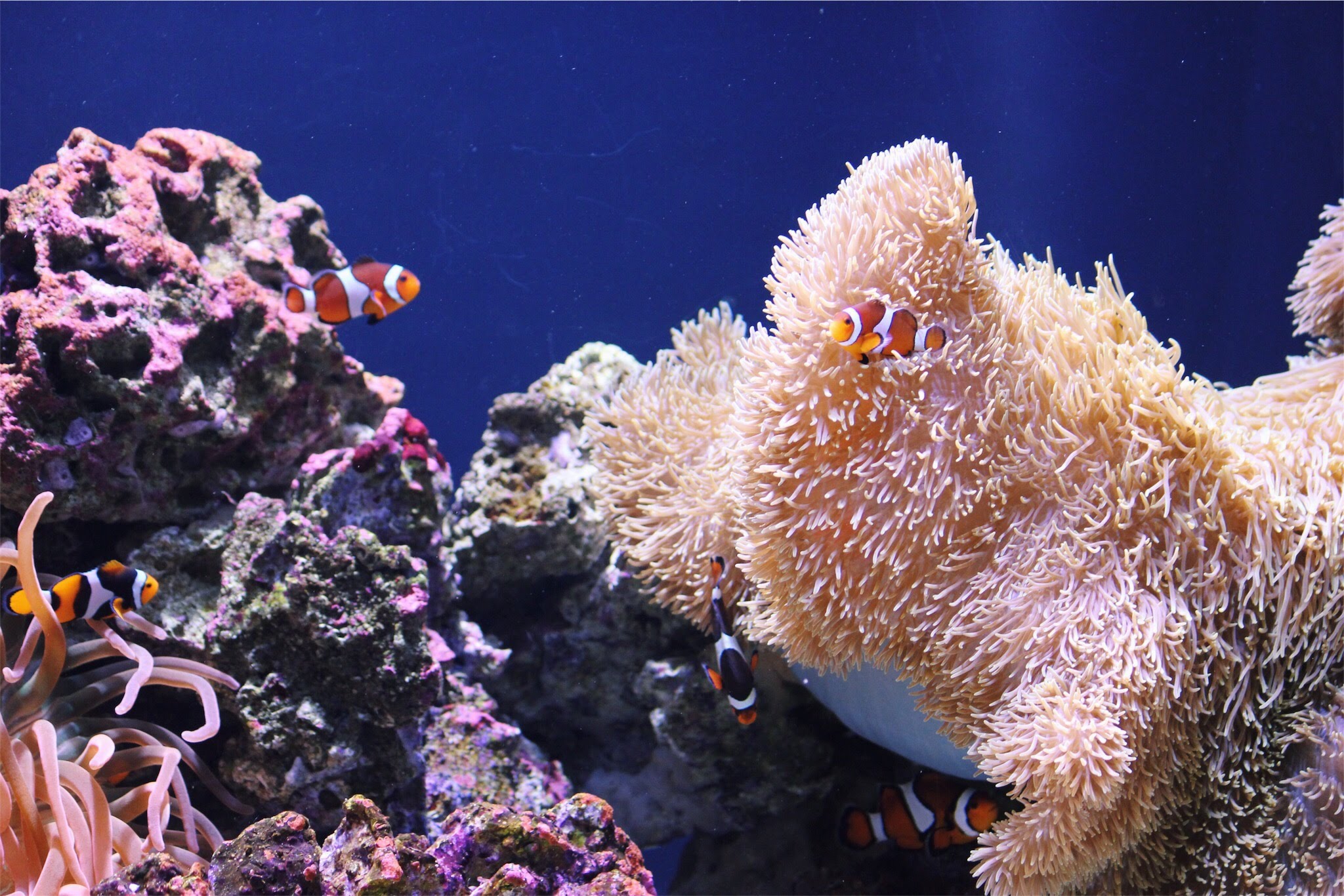
Lower your carbon footprint and reduce your emissions.
Due to climate change and global emissions being so high, the oceans are warming and acidifying. It’s causing sharks’ prey to have to move to cooler waters, and the sharks have to leave their normal habitats to follow them. It’s also damaging their sense of smell, which is causing starvation since they can’t hunt as well. If you don’t want to contribute to that, do your best to lower your emissions. Not everyone has access to public transportation, so try to carpool, walk and bike when you can, and travel more intentionally (really think, before you take a flight or long road trip—make sure it’s worth it to you emotionally, if it’s just for pleasure). Seeing the planet that we live on is super important in environmentalism, so do it as sustainably as you can with the resources you have. Going vegan is a fantastic way to lower your emissions, as it can lower it by 73%! Unplug your appliances that aren’t in use (don’t just turn them off- 25% of power used in American homes is from appliances that aren’t in use), buy as local as possible (but it should be noted that it’s still better to buy veggies than it is to buy “local meat”), don’t waste food (freeze it), and aim for energy efficient products when you do have to buy new ones.
Don’t buy beauty products with squalene in them.
Squalene is a commonly used ingredient in skin care and beauty products, and it’s made from shark liver. It’s one of those infuriating re-labeling of what something actually is, in order to make the consumer feel better. Fewer people would buy it, if it said “shark liver” on that bottle. It is most often used in lipstick, eyeshadows, sunscreen, mascara, eye liner, and lotion. It’s cheaper for companies to use, so they do it. Always check the ingredients list before you buy something.
Donate to ocean conservation organizations.
Organizations like Sea Shepherd, Oceana, and Ocean Conservancy are all amazing organizations to support (with Sea Shepherd being the most protective of sharks, since they don’t soften the fact that the fishing industry kills them). Make monthly donations to them, or just when you can, and consider buying some of their products or signing the petitions on their pages. They are keeping the oceans safe through research, education, lobbying, and cleaning it up. A few of them even sponsor Adopt a Shark programs, that make great, ethical gifts.
Educate yourself.
Knowledge really is power, and if you can afford to go to school for environmental science or environmental studies, do it (or get a minor in it, or just attend lectures sponsored by the programs if you’re already in school for something else). Watch documentaries about the oceans and sharks, read about them, sign up for news alerts about those topics, and follow accounts on social media that spread awareness about it all. Visit the ocean responsibly, and learn to understand it better. Travel is key in education, so do so as ethically as possible, aiming to visit countries that don’t support shark hunts or at least prioritize conservation of the ocean.
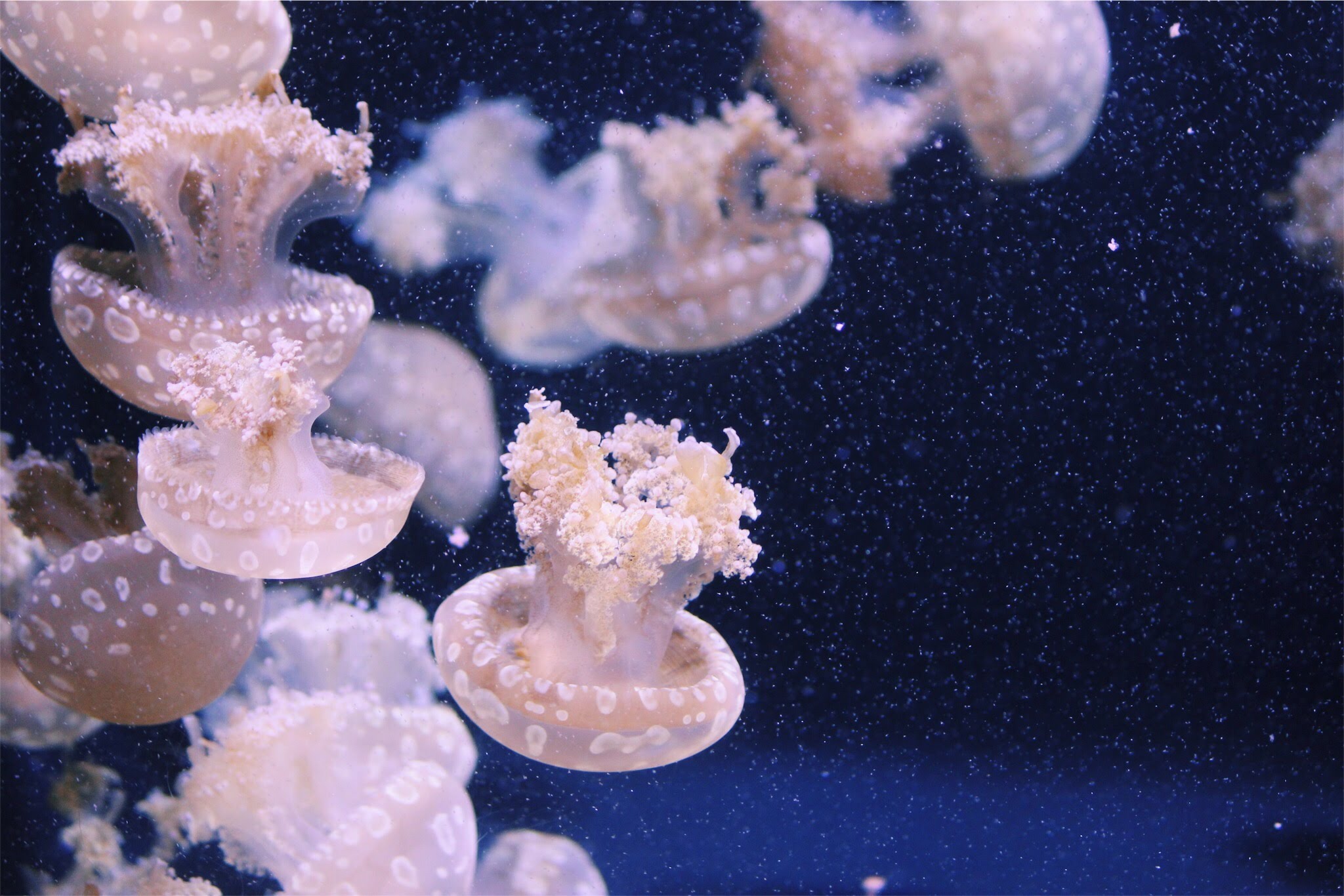
Spread love and awareness about sharks and the sea.
One of the biggest things you can do for sharks is to help others care about them. Post about the sea and sharks on your social media, bring them up in regular conversations, and talk about the things you’ve learned. Preservation and educational topics aren’t brought up enough in real life, so normalize it. Consider gifting people with items that contribute to ocean conservation, like products from the shops of ocean protection organizations (Sea Shepherd has a great one). Write a note to go with it that talks about your love of sharks, and it will hopefully get them more used to the idea of sharks being a positive thing. Protesting is another way to spread awareness, so if you can safely do so, attend or organize protests in honor of sharks.
Vote for people who prioritize ocean protection and shark conservation.
This should go without saying, but who you vote for matters. Research the candidates before you vote for someone, and look for someone who clearly cares about the sea and acts on that care. Now it’s more important than ever to get people in office who look our for our planet, but especially the ocean. Show up for them. Consider changing your registration to the Green Party, as they prioritize the planet more than the other political parties in the U.S. do- in fact it’s their entire platform.
Support responsible eco tourism.
A lot of countries rely on ecotourism for revenue. Palau’s sharks alone are each worth $2 million dollars if considered in terms of the revenue they generate just by existing. When you’re participating in this kind of tourism, support local groups rather than large organizations, and research them before you pay them. Make sure they keep a respectful distance if their activities involve boats, and try to support groups that educate. Don’t assume that all ecotourism is made equal- some is just exploitive (of sharks and people). Supporting countries and regions that rely on ecotourism in an ethical manner is a great way to ensure that those local governments move to protect the shark species that are supporting their economy. If you’re going to vacation, that’s a great way to do it.
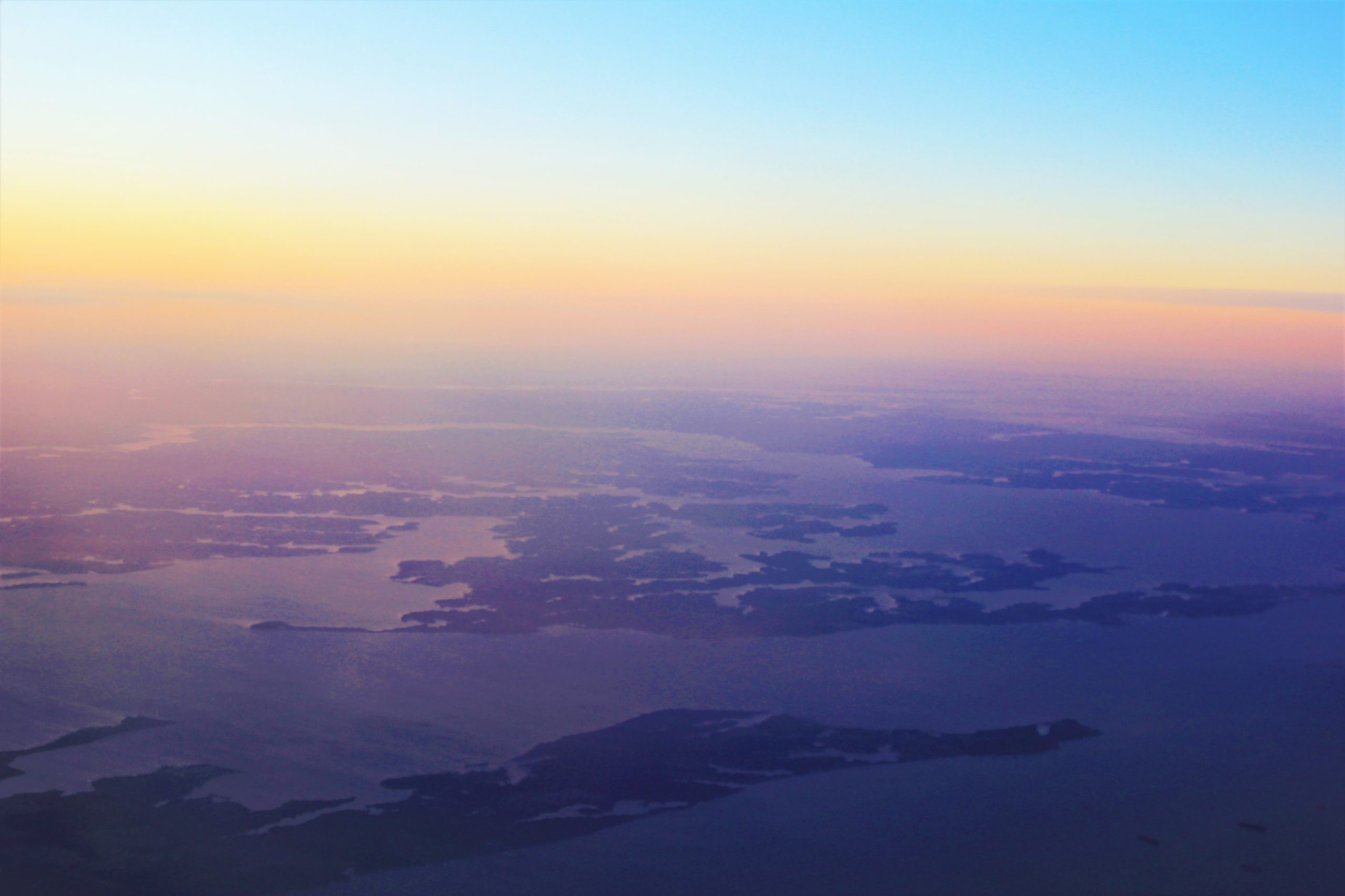
Get more like this—Sign up for our daily inspirational newsletter for exclusive content!
__
Photo: Emily Iris Degn




